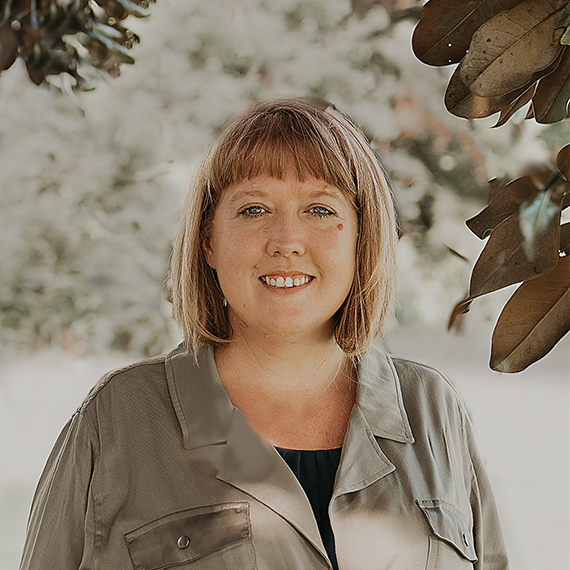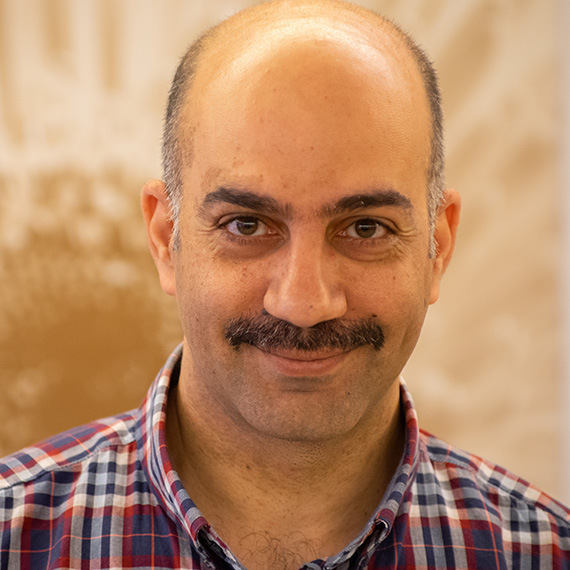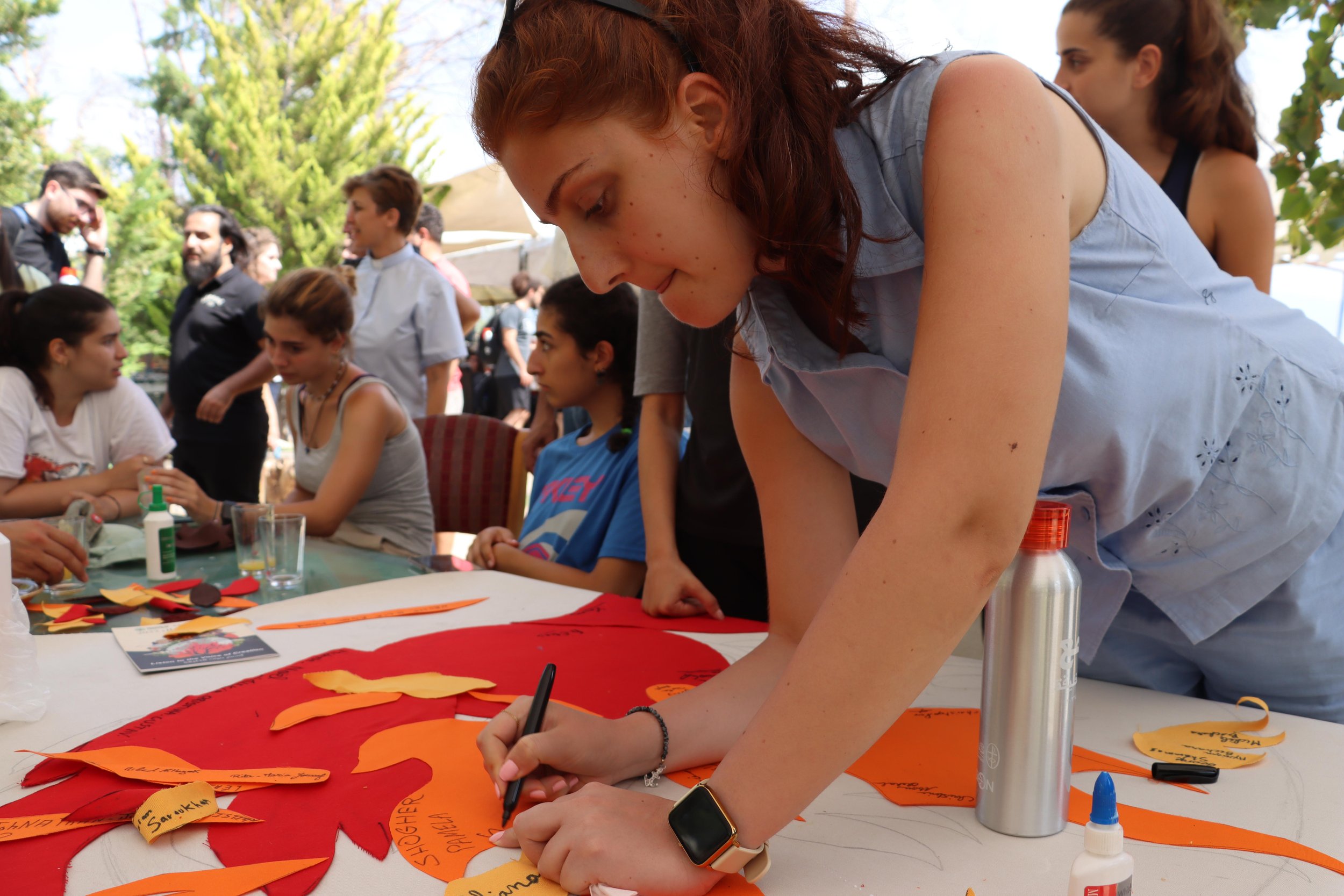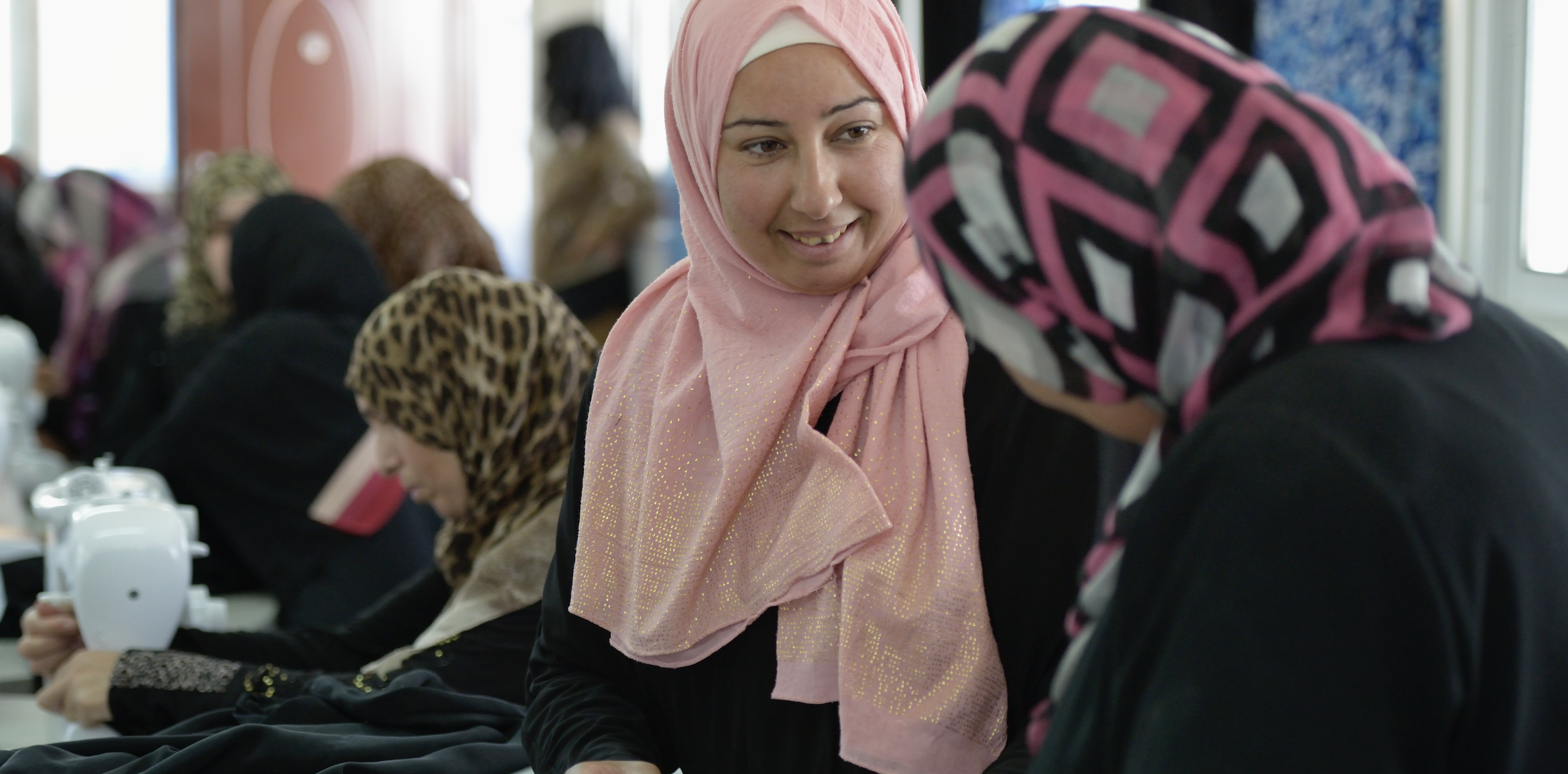

As the Middle East and North Africa (MENA) region prepares to host COP28, we reproduce here our 2022 Annual Report interview with Rachel Luce, ACT Alliance Regional Representative for the MENA region and George Majaj, ACT’s MENA Humanitarian Programme Advisor. The interview will give you some insight into MENA issues and how ACT and its members address these issues during peacetime.
What are some of the key issues facing the region?
Rachel: There are several protracted crises in the region. Linked to that is mass migration. Educated people are leaving, as is the Christian minority. The Christian migration is really on the hearts and minds of our local members, as this is where the historic churches are located. We also see big changes in the social fabric, and you lose the value of diversity. Migration is a big concern for all the members, along with the conflicts and ongoing wars.
George: Most of the crises are becoming protracted. There are fewer political ways to end these issues – for example in Yemen, Syria, Iraq, and Palestine. There’s a lack of interest from funders and media. The political will at home and abroad is not there to solve the protracted crises in most of the countries in MENA, and that has a negative effect on communities.
How do members in the region work together?
In the Middle East, national forums meet monthly to discuss what they’re working on, joint areas of action such as training, what they’re hearing from other platforms they’re involved in, and how they might coordinate advocacy. The forums consist of country directors or their deputies. Iraq and Jerusalem have extended their forums so that faith-based agencies can join.
The MENA Communities of Practice (CoPs), such as Gender Justice and Climate Justice, are connected to the forums. Each national forum sends at least one delegate to a MENA CoP. These are usually the thematic experts. MENA CoPs meet monthly and discuss aspects of the work they want to do together. They go to in-person events, such as trainings, and then report back to their Forum.
What are the opportunities you see in the region?
The MENA Gender Justice CoP wants to influence change in Christian family law in the Middle East. For Christians, family law is governed by their church, and it covers inheritances, marriage, divorce, custody, and similar issues. The Evangelical Lutheran Church of Jordan and the Holy Land (ELCJHL) changed their church’s family law a few years ago. The MENA Gender Justice CoP wants to see similar change across the region. They started with a study on Jordan’s church family laws. After hearing the consultant’s questions, the churches they interviewed decided to look into changing their laws. No one knew their own laws until they went to court to find out.
One of the MENA Gender Justice CoP’s goals is to ensure family inheritances are divided equally between men and women and that women aren’t pressured into signing away their inheritance rights. They also want family laws to be transparent and accessible. Changing these laws makes real, true change in the lives of people.
MENA’s Climate Justice CoP is growing every year. Season of Creation is on fire in the Middle East right now, which is amazing. ACT MENA members also invested a lot in Egypt’s COP27. Now they’re talking about how to engage after Dubai’s COP28 in 2023. They’re showing a commitment to global negotiations in the long term.
In MENA, we started by training members in country-specific multi-stakeholder dialogues where specialists reviewed adaptation, climate financing and mitigation. Once they understood climate justice at a country level, members engaged regionally because they could see the intersections. Now they’re making the link to the global level. They see how the fight at one UN COP can lead to additional financing and how they can push for climate ambition.
*****

Season of Creation “on fire” in MENA
The Season of Creation is the annual Christian celebration to pray and respond to the cry of Creation. The global ecumenical family unites to listen and care for our common home, the Oikos of God. It begins 1 September,
the World Day of Prayer for the Care of Creation, and ends 4 October, the Feast of St. Francis of Assisi, the patron saint of ecology. ACT Alliance has been part of the Season of Creation for many years. The Season’s initiatives encourage individual ACT members’ advocacy to influence decisions at global climate meetings such as the UNFCCC COP that follows shortly after the Celebration is completed. The Middle East Council of Churches (MECC) translated the Celebration Guide into Arabic, a first, and encouraged its members to participate. In Lebanon, church youth walked in nature to “listen to the voice of creation.” Hosted by MECC, the activity inaugurated a series of celebrations throughout MENA.

Local members advance advocacy at home
ACT Alliance welcomed a new Syrian member in 2022: GOPA-DERD (Department of Ecumenical Relations and Development of the Greek Orthodox Patriarchate of Antioch and all the East). Local members are organisations indigenous to the region or country in which they work. “Local members engage very quickly in the CoPs. They see the value of advocacy and the ACT programmes,” says Rachel Luce, MENA Regional Representative. “They have been championing local voices here and internationally and they advance advocacy in their own country. They see this work as their long-term commitment to their country and to their people.”
Project profile: Restoring livelihoods for refugees
ACT Alliance member Department of Service to Palestinian Refugees (DSPR) established a small business startup loan programme for Syrian refugees living in Jordan but found that the refugees’ high debt levels hampered success. DSPR decided to focus instead on helping refugees graduate from poverty, an approach that had been tried with Palestinian and Syrian refugees in Gaza. Programme participants now receive cash support for necessities for the first six to eight months and then receive training in topics such as life skills and starting a small business. They can then access loans and grants to establish a small business and are more able to repay loans.
Did you know? In the multi-faith Middle East, each religion has historically had its own family law. As well, each Christian church has its own church law. In Jordan there are six different church laws governing family issues like divorce, custody and inheritances.